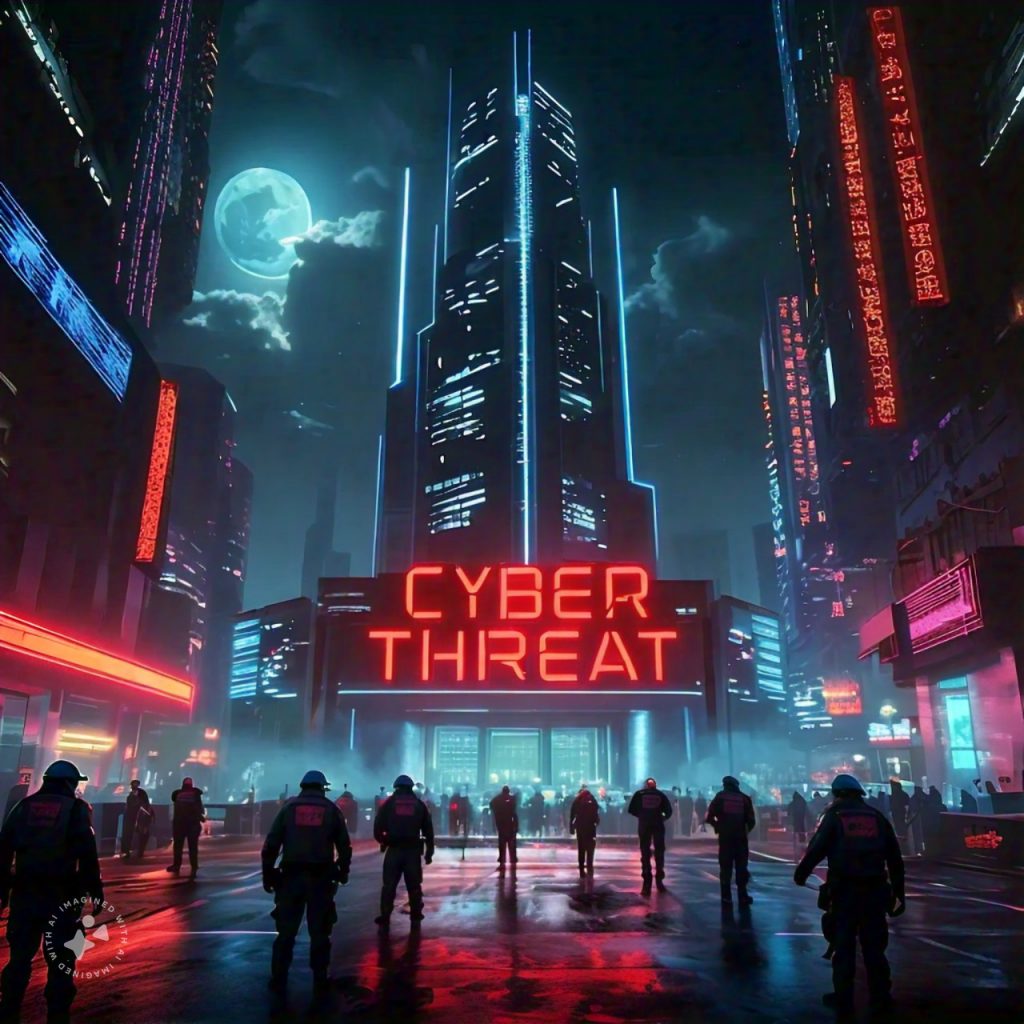Organisations in India’s education sector are experiencing over 8,000 attacks per week which is more than double the global average…
In recent weeks and months, India has been experiencing a surge of cyberattacks and this is indeed cause for alarm. Check Point Software Technologies Ltd. – an American-Israeli multinational provider of software and hardware products – who specialize in cybersecurity recently released a report that has brought some alarming numbers to light!
According to their latest Threat Intelligence Report, which features data from the last 6 months, Indian organizations are facing an average of 3,244 attacks per week – which is more than double the global average of 1,657.
Sectors such as Education and Research, Healthcare, and Government and Military are the ones which are most at risk but the number of attacks on the Education sector is the one that’s most disturbing.
There are reportedly an average of 8,195 attacks on organisations in India’s education sector every week compared to the global average of 3,355.

Other Industries that are under Threat
After the education sector, it is the healthcare sector that faces the most attacks, with 7,982 weekly attacks per organisation. Government and Military face on average 4,590 attacks per week while Consulting sectors have been fending off around 4,177 weekly attacks.
“Cybercriminals are increasingly targeting critical sectors in India, particularly those handling vast amounts of personally identifiable information,” said Sundar Balasubramanian, Managing Director for India and SAARC at Check Point.
Why the Education Sector?
It might seem bizarre that the Education Sector is facing the brunt of these cyberattacks but there is a reason behind this. It is because of the expanding digital footprint of the educational institutions.
Schools and universities collect a lot of sensitive data from students, including their personal, academic and financial information. This makes them the perfect target for cybercriminals. Post Covid-19, there has also been a lot of adoption of online learning platforms and this has further increased their exposure to potential data breaches.
“Educational institutions in India are collecting and storing vast amounts of sensitive student data, including personal, academic, and financial information, making them prime targets for cybercriminals,” according to a statement from Check Point.

How the Cyberattacks Happen
Weak cybersecurity defences in schools and universities are preyed upon by cybercriminals to steal personally identifiable information (PII). This information is then sold on the Dark Web.
With the rise of Generative AI, these threats are likely to become even more severe especially as social engineering and phishing attacks are escalating.
Solutions & Strategies
With the rising number of attacks, it is imperative to train the staff in educational and healthcare institutions about phishing attacks, social engineering and other cyber types of attacks. They should also be trained to encrypt sensitive data, including patient records and student information.
Regular audits to assess cybersecurity should be conducted to identify vulnerabilities and address them immediately. Partnering with cybersecurity firms like Check Point can also keep them aware about latest threats and best practises.
The Final Word
Looking at the number of cyberattacks of late, it is quite evident that this is only going to increase in the coming months and years. The security of our Healthcare and Educational sectors is paramount as sensitive data of the patients, students and their parents are at stake.
By improving the awareness and preparedness around cyberthreats, we will be able to mitigate the risks and make sure they are less vulnerable to data breaches.
In case you missed:
- Agentic AI could be the Breakthrough Indian SMBs were Waiting For
- India’s Tech Renaissance: From Follower to Global Trendsetter
- ChatGPT for Cyber Espionage: North Korea’s AI-Driven Phishing Campaign
- India’s AI Ambitions in the Spotlight amidst DeepSeek’s Disruption
- Inside Landfall: The Spyware that Hijacked Galaxy Phones without a Click
- Should Chatbots have Rights? Ethicality vs Practicality
- Google launches ‘Cheap AI’ to Combat Rising Costs & Chinese Competition
- OpenAI is now Focussing on Superintelligence!
- New Year, New Scam: All You Need to Know About Brushing
- No More Budget Phones: India is Buying Premium Phones Now










